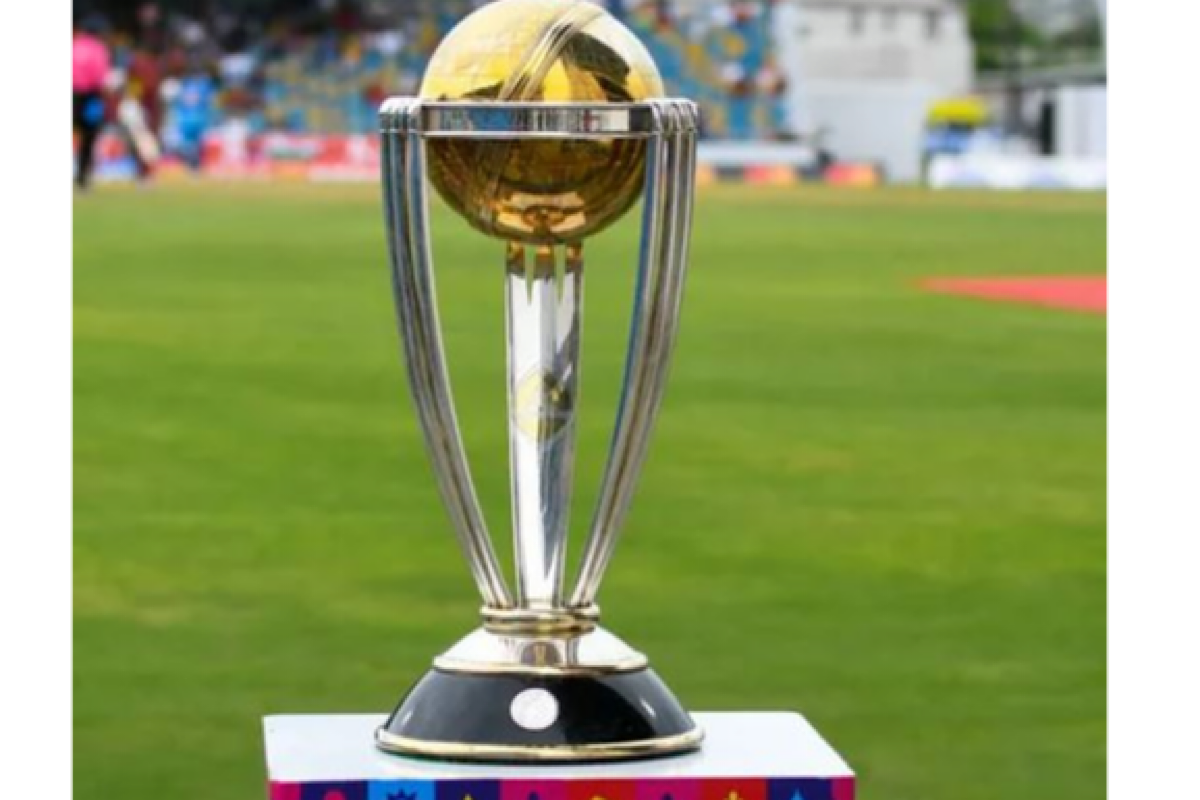Sunil Gavaskar has recently asked why we Indians, though electrified by Glenn Maxwell’s fastest World Cup century ~ off 40 balls in Delhi the other day against the Netherlands ~ should refrain from any comparison with Kapil Dev’s magic 175 not out in 1983 at Tunbridge Wells against Zimbabwe, which too had turned things sensationally around. His observations began with an emotional appeal for his compatriots to think of the historical perspective, coruscating as the Australian’s knock was in the current tournament.
Quite apart from the points made by India’s finest-ever opener that 2023 should not be deemed a match for 1983 given major changes in terms of the nitty-gritty of playing the game, with rules and equipment changing, what must be indisputably endorsed is the fact there would perhaps be no World Cup in this land today, or in 2011 or in 1987-8, if the 1983 miracle had not happened with India, as in 1975 and in 1979, returning home early. And it was Kapil ~ the true-blue all-rounder who could clinch it either bowling or batting ~ who swung the all-but-lost Zimbabwe match. It set India up for their subsequent glory.
Advertisement
The Harry Potter moment of a Lord’s triumph against the West Indies in the final changed the face and virtually everything associated with the global game with cricket’s balance of power shifting to the Indian subcontinent. It all began with the Tunbridge Wells crackerjack. Its impact was to surpass that of a lot of big shows. It, of course, is another matter that Maxwell plays for a team that has already won five World Cups, but it also gives you an idea of what the top of the mountain looked like when Kapil Dev with his team made it to the foothills, few among his compatriots counting on them to wow the world.
He had what it took, though. Snubbed as a callow youth at a preparatory camp for requesting an extra roti as a fast bowler, he had later worked up a huge appetite fit for a pioneer’s distinction. Then the cyclone made its landfall as Zimbabwe went up against India, savouring an initial success or two as the going got tough for their popularly previewed modest opposition. Kapil Dev roared. When he came in, SMH Kirmani, his partner, told him they had to fight their way out of the mess.
Kapil Dev took charge immediately. Years later, after a Test match in Nagpur, some Zimbabweans who had heard of the way the then Indian captain pulled it off, said: “All his shots were clean hits. And his defence was impeccable.” Few batsmen qualify for that kind of praise today even after the game has become batting-friendly.









